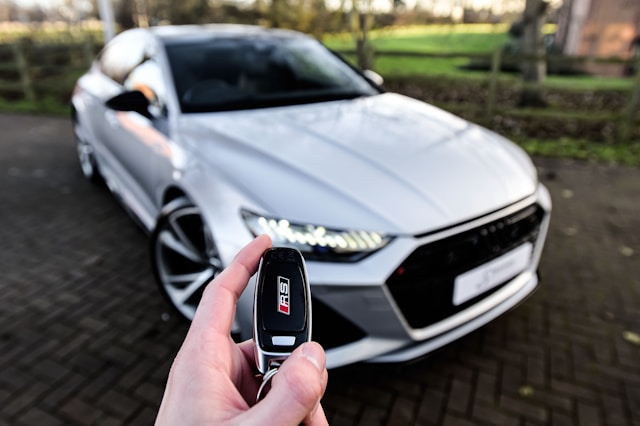Buying a Secondhand Car: 6 Tips You Need to Follow
While it’s always nice to be able to buy new things, life has a habit of ensuring that this is not always possible. Whether it’s due to financial reasons or something else, most people simply cannot afford to splash out too much cash on something new, particularly considering a purchase as expensive as a new car. Luckily, the car market is incredibly vibrant, and buying a used car is not just more accessible than ever before, but it’s also possible to get a serious amount of car for much less than you might think. Nevertheless, the risk when buying a second-hand vehicle is such that there are a few precautions to follow if you want to ensure you end up with something as advertised rather than a lemon. In this article, we explore six of perhaps the most vital tips to follow when in the market for a used car, which all make it far more likely you’ll end up with something that fits your needs and won’t cost you a fortune in repair bills.
Get A Mechanical Inspection
If you have performed all of your prior research and found a model that you believe is the perfect fit for you and your family, it’s tempting to get in contact and place an offer before you’ve even had a chance to double-check it runs, as it ought to. Instead, the better option is to hire a mechanic (or take it to one) to go over the main point with a fine-toothed comb. For most things, you can usually inspect it yourself using this used car inspection guide, but for anything that you aren’t 100% sure of, it can really help to bring in a pro. These inspections are relatively inessive, don’t take too long to perform, and the peace of mind they can provide before you hand over a sickeningly large amount of money can be priceless.
Research Vehicle History Before Purchase
Just as you should check if it’s running well, you should also take a peek into the vehicle history itself. Even the sweetest-looking car can have some skeletons in the cupboard, and if you fail to look into its history, you could open yourself up to a whole manner of pretty terrible things. These checks will let you know a considerable number of things, from whether it is at risk of being repossessed due to it being used as collateral to if it has been involved in a crash. If the historical record shows any signs of something askew or if anything smells a little more fishy than you might like, it’s probably a good idea to move elsewhere and continue your search. Conversely, if all is good, you can proceed with the sale and drive away content that you spent a bit more time to make sure everything is fine.
Set A Realistic Budget
While it’s invariably true that second-hand cars are much cheaper than brand-new options, they can still be a costly purchase, making it prudent to set yourself a realistic budget. Why is the word realistic used in this instance? Well, you will set yourself up for a bit of a downer if you think you are driving away with anything under the multiple thousands of dollars range that is actually in any kind of decent condition. You can certainly go down the more affordable route, but the more you are willing to put down, the higher your odds are of avoiding the dreaded buyer’s remorse when things start going wrong.
Take A Test Drive
Just as you would test drive a new model, you should do so when shopping for a used one. However, there is another reason why you ought to test-drive a used car, which is to get a feeling of any potential issues. If you’re testing it and something feels off, it could be something minor, but it could also be something more substantial.
Compare Prices Of Similar Models To Ensure You Are Getting A Good Deal
The prices of used cars can vary enormously depending on factors such as mileage, age, and condition. Therefore, it makes sense to do your due diligence and check the price ranges of the models and manufacturers you are interested in. Although you won’t get a consistent figure due to the aforementioned factors, you will gain a ballpark number that can help you when it comes time to negotiate.
Negotiate The Purchase Price (Respectfully)
One of the more satisfying aspects of buying a second-hand vehicle over a new one is that you have more wiggle room when it comes to negotiation. If you have followed the previous tip and have a number in your mind, you can use this to lead the deal based on the condition of the one you’re looking at. Just make sure to keep things respectful, as you don’t want to waste anyone’s time (or your own) by completely lowballing the seller.
Purchasing a used car can be fraught with issues if you don’t really know what you’re doing. By using these tips, you can gain an upper hand in everything from negotiation to ensuring you drive away with a car that is working and in great shape.



